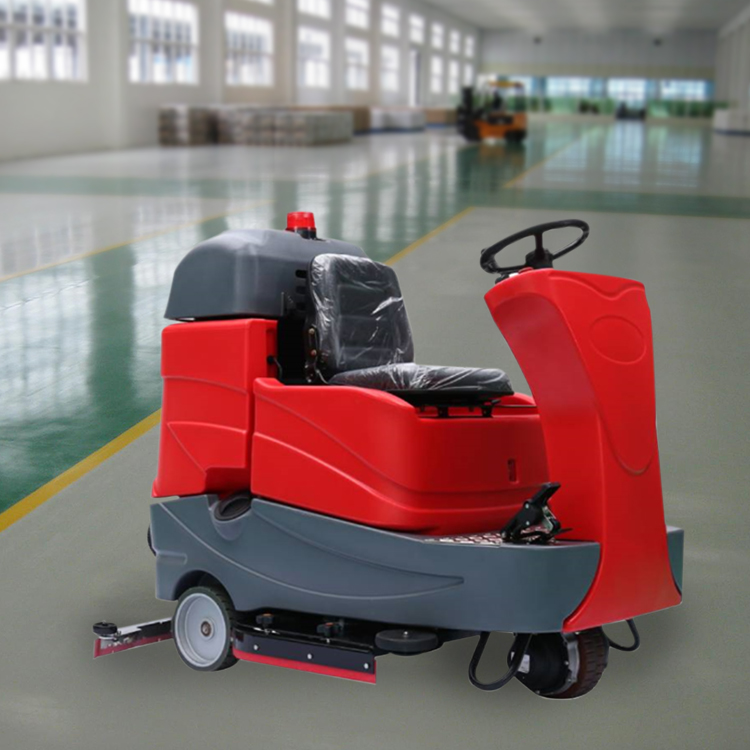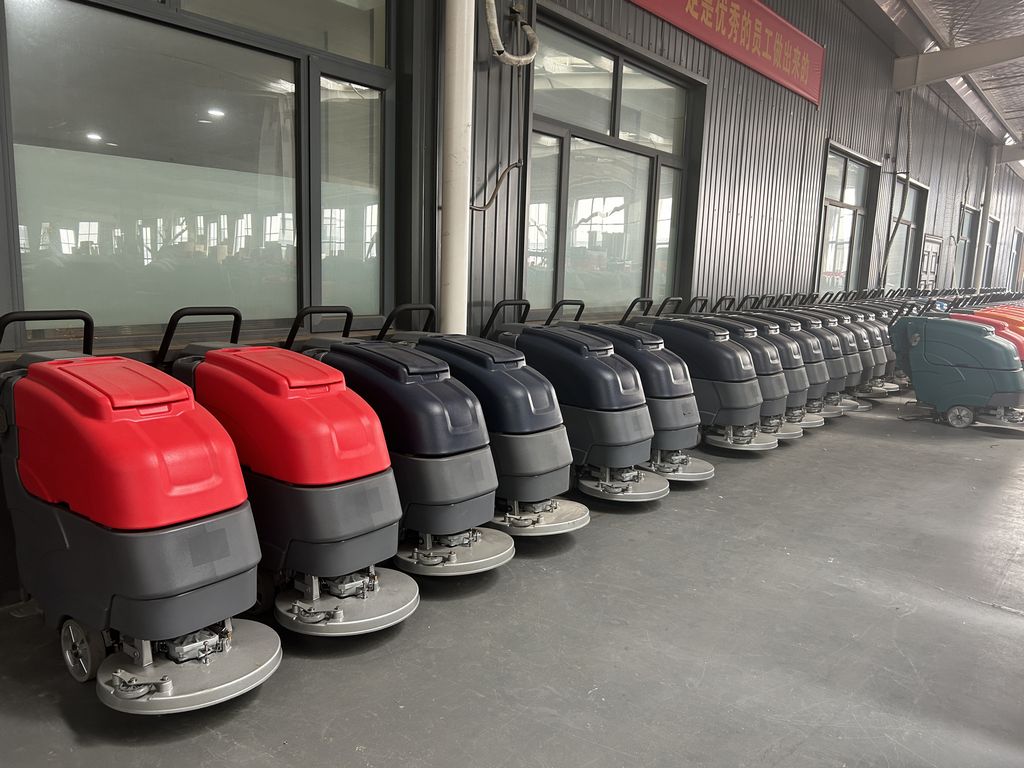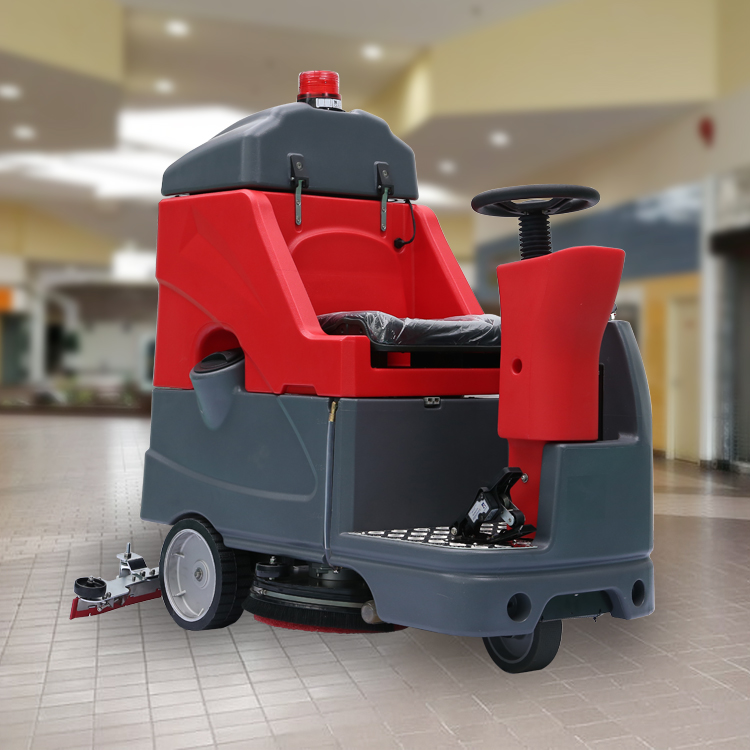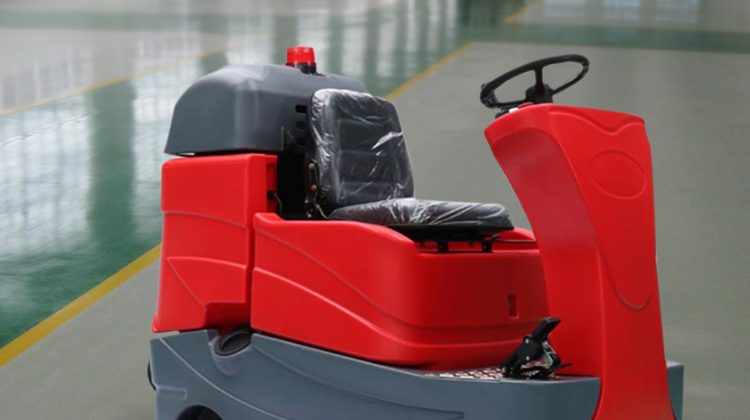
So, I was talking to a buddy last week who runs a metalworking shop, and he mentioned how his old grinder finally kicked the bucket. He’s been scrambling to find a replacement but keeps hitting dead ends with suppliers. Honestly, it got me thinking—how do you even choose the right planetary grinder manufacturer these days? The market’s flooded with options, but not all of them deliver quality. Let’s break this down without getting too technical, yeah?

First off, planetary grinders aren’t your average hardware store tools. These machines are beasts designed for heavy-duty tasks like smoothing welds, polishing surfaces, or prepping materials for coatings. If you’ve ever tried using a subpar grinder for precision work, you know the struggle: uneven finishes, overheating motors, or worse—tools that conk out mid-project. That’s why picking reliable planetary grinder manufacturers matters. You want durability, performance, and maybe even a warranty that doesn’t sound like a fairy tale.
Now, here’s where things get tricky. A lot of manufacturers claim to have the “best” grinders, but how do you separate the real deals from the marketing fluff? Start by checking certifications. Companies that meet international standards (ISO, CE, etc.) usually take their quality control seriously. Also, peek at customer reviews—especially from industries similar to yours. If aerospace or automotive workshops swear by a brand, that’s a good sign.
Oh, and don’t sleep on customization. Some planetary grinder manufacturers offer tailored solutions, like adjustable RPM settings or specialized disc sizes. For instance, if you’re working on delicate surfaces, a grinder with variable speed can prevent accidental damage. But here’s a pro tip: avoid getting swayed by flashy add-ons you don’t actually need. Stick to features that align with your daily tasks.
By the way, ever heard of the “grindr test”? No, not *that* app—I’m talking about testing the grinder’s balance and grip. A poorly designed handle can turn an 8-hour shift into a wrist nightmare. Look for ergonomic designs and anti-vibration tech. Trust me, your hands will thank you later.
On the topic of durability, materials matter. Planetary grinders built with aerospace-grade aluminum or hardened steel tend to outlast cheaper alternatives. One manufacturer I stumbled across uses carbon fiber casings—lightweight yet tough. Fancy, right? But again, it’s about what works for your budget and workload.

Here’s a funny story: A client once bought a “discounted” grinder from a no-name supplier. Two days in, the motor started smoking like a BBQ grill. Turns out, the manufacturer had cut corners on insulation. Lesson learned? Don’t let price tags blind you. Investing in reputable planetary grinder manufacturers might cost more upfront, but it saves cash (and headaches) down the line.
Speaking of costs, let’s talk warranties. A solid warranty isn’t just a piece of paper—it’s peace of mind. Look for at least a 1-year coverage on parts and labor. Some brands even offer free servicing within the warranty period. Just make sure to read the fine print. Hidden clauses like “void if used commercially” can bite you later.
Alright, time to get personal. Lately, I’ve been juggling projects nonstop—balancing client deadlines, supplier meetings, and the occasional existential crisis about whether I’m charging enough. But hey, that’s the grind, right? Literally and figuratively. It’s moments like these that make me appreciate tools (and people) that just *work* without drama.
Back to grinders. If you’re sourcing internationally, logistics can be a hurdle. Shipping heavy machinery isn’t exactly cheap or fast. Some manufacturers offer consolidated shipping or local distribution partners to ease the burden. Pro tip: Ask about lead times upfront. A “two-week delivery” that stretches into two months can derail your entire workflow.
Lastly, don’t underestimate after-sales support. A manufacturer that provides training videos, detailed manuals, or responsive customer service is worth its weight in gold. Ever tried troubleshooting a grinder at 2 a.m. with nothing but a cryptic error code? Yeah, not fun.
So, there you have it—a mix of practical advice and maybe a little too much oversharing. Whether you’re restocking your workshop or upgrading equipment, take your time vetting planetary grinder manufacturers. Your future self (and your projects) will appreciate the effort.

